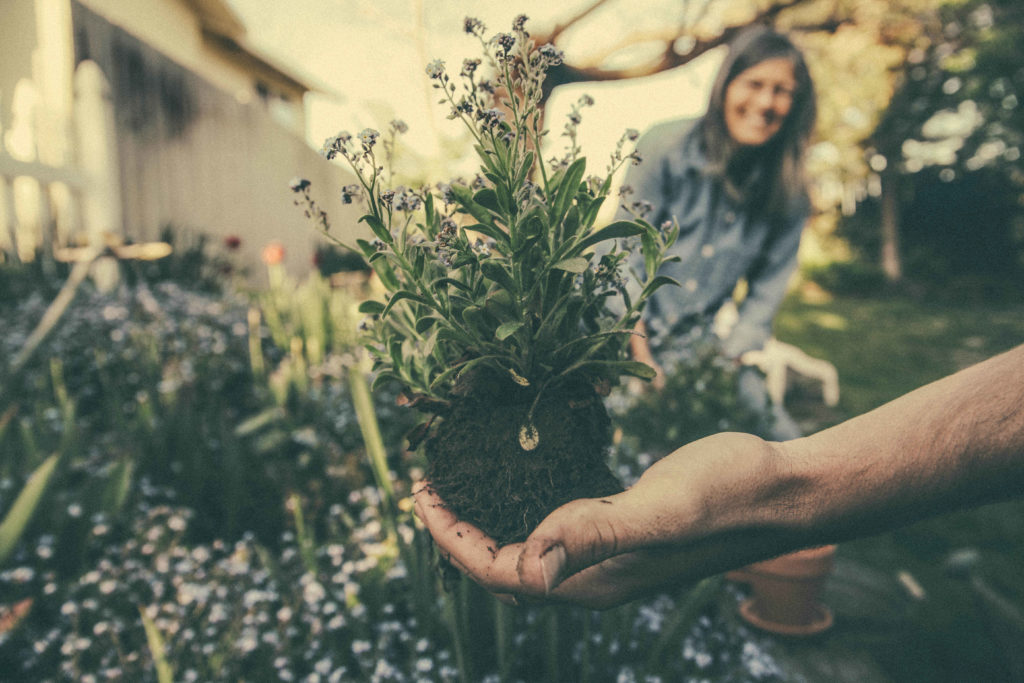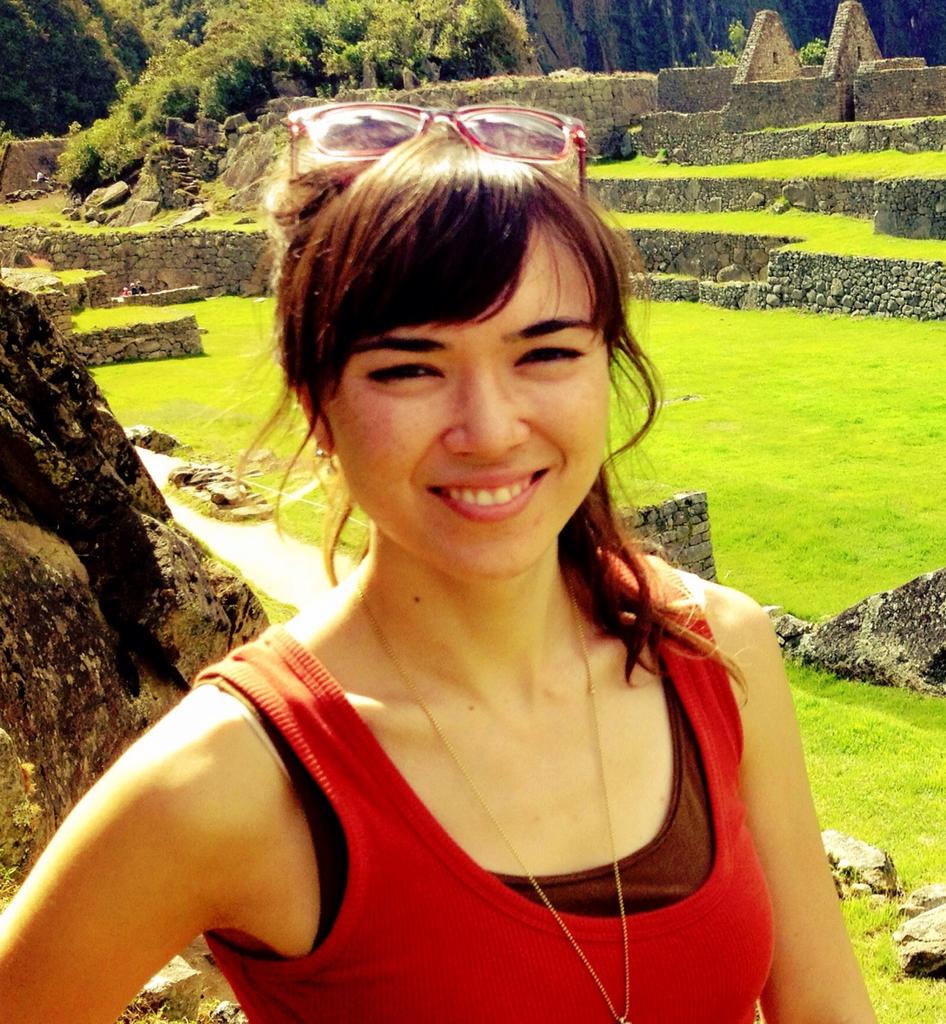It’s amazing to see how community gardens are growing in popularity in the U.S. and around the world — but it’s easy to see why. They shift our thinking around food, community, and the environment. Gardening connects us to our natural surroundings and leads us to a greener, more enriching life. Community gardening is empowering on a whole other level: It enables us to connect and work with others, not only to beautify spaces and enrich our diets, but to strengthen bonds with others for a healthier, more connected community.
Shareable has covered several projects that are using agriculture to build community, access produce, and create sustainable, environmentally-friendly livelihoods. Now we’d like to see what our readers have experienced firsthand.
If you are or have been involved in a community garden, we invite you to share your photos and stories about your experiences with us. Whether it’s a brand new garden or one that has become a fixture in your neighborhood, we’d like you to send us photos of the garden, the harvest, and/or the people. We’d also love to hear from you about how community gardening has transformed your life.
How to send us your photos and stories
The best way to share your photos and stories is to email us at info [at] shareable [dot] net. You can comment on our Facebook post or tweet them to us using the hashtag #gardensforchange. We’re also on Instagram so you can either tag us with our handle @shareable_gram or tag your photo with #gardensforchange.
When you share these photos or stories with us, we hope that you choose to put a Creative Commons license on them. By doing so, you can allow others to use or remix them — for example, to promote and spread the word about the benefits of community gardening. It’s also a great way for us to bridge the gap between the physical commons, the shared, commonly-owned resources around us, with the digital knowledge commons we have on the internet. Creative Commons allows you to select between different types of sharing licenses, so you can decide which one works best for you.
We’ll collect all photos and stories until Monday, Sept. 12, and publish them on Shareable.net that week.

Alleycat Acres in Seattle runs community gardens on parking strips. Photo: Cat Johnson
Why are we doing this project? We hope that this campaign will inspire more people to start or join community gardens in their neighborhoods. We think that community gardens are a compelling counter-example to the concept of the tragedy of the commons — demonstrating how in the real-world, people do want to work collectively to nurture shared resources and contribute to a more thriving commons.
To learn more about this growing movement, explore these resources on community gardening and yard sharing, food-based sharing projects, and strengthening neighborhoods.

This community garden, farmed by 27 families in Buffalo, is on one parcel of the Community Land Bank in the heart of the Green Development Zone. Photo: People United for Sustainable Housing (PUSH)









